New Media | 02 de octubre de 2013 | Vistas: 46
Juan Batiz-Benet, Katriona Guthrie-Honea, David Dalrymple, Riley Drake and Daniel Himmelstein share their experiences and methods as self-learning students. They start narrating their opinions and perspectives of education and technology, and how different sciences can empower individuals in society. During the conversation David Dalrymple recognizes the work and innovation of Universidad Francisco Marroquín with its program Akademia, and recommends the creation of a science engeenering department for developing research skills at UFM. After the questions and answers period, Himmelstein and Guthrie-Honea separately propose two ways of making information and knowledge interesting through research and backwards learning respectively. They also expose examples of techniques that are being used in some universities in order to develop future learning.
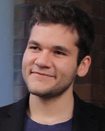

Juan Batiz-Benet is a computer scientist from Stanford University. He is…
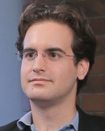

David Dalrymple is specialist in programming languages, system architecture, web design,…
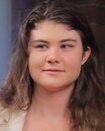

Riley Drake studied a possible link between chronic hepatitis C infection…
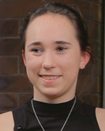

Katriona Guthrie-Honea is a self-taught molecular biologist and biotechnologist. She won…
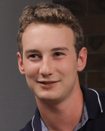

Daniel Himmelstein develops novel methods of network analysis to advance the…
Nuestra misión es la enseñanza y difusión de los principios éticos, jurídicos y económicos de una sociedad de personas libres y responsables.
Universidad Francisco Marroquín